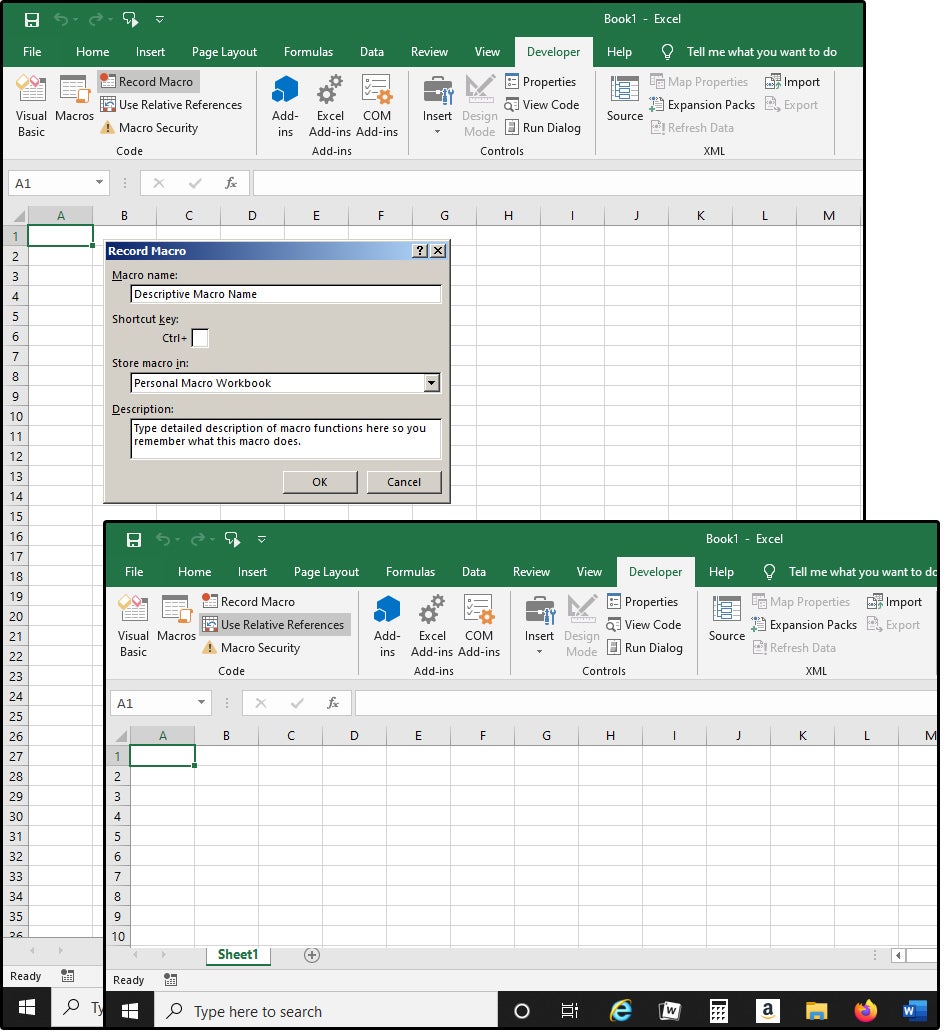5 Essential Tips for Excel Accounting

Accounting using Microsoft Excel can streamline financial management for businesses of all sizes. Whether you're a small business owner, a freelancer, or managing finances for a large corporation, Excel offers a versatile platform to track, analyze, and report on your financial data. Here are five essential tips to make your Excel accounting more effective:
1. Keep Your Data Structured

One of the fundamental aspects of Excel accounting is maintaining a well-structured dataset:
- Use separate sheets: For different aspects like income, expenses, assets, liabilities, and equity to keep your workbook organized.
- Named ranges: Define named ranges for cells or ranges of cells to make your formulas easier to read and maintain.
- Formatting: Use conditional formatting to highlight outliers or important numbers in your data.
⚠️ Note: Inconsistent data entry can lead to errors in calculations, so set up clear rules for data input.
2. Utilize Formulas and Functions

Excel's power lies in its ability to automate calculations with its plethora of functions:
- SUM, AVERAGE, IF: These are basic but indispensable for quick calculations.
- VLOOKUP or INDEX/MATCH: Use these for data lookup across different sheets or tables.
- PMT, FV: For financial functions like calculating payments or future values of investments.
- Table Functions: Convert your data into a table to utilize structured references and dynamic ranges.
| Function | Description |
|---|---|
| SUM | Adds all numbers in a range of cells. |
| VLOOKUP | Looks for a value in the leftmost column of a table and returns a value in the same row from a column you specify. |
| IF | Checks a condition and returns one value if true and another if false. |

🔍 Note: Mastering functions like VLOOKUP or INDEX/MATCH can significantly reduce the time spent on manual data reconciliation.
3. Implement Error Checks

Financial inaccuracies can be costly, so use Excel's capabilities to prevent errors:
- Data Validation: Set rules for data entry to avoid incorrect values or typos.
- Error Checking: Use Excel's built-in error-checking tool to find and fix common mistakes.
- Check Totals: Frequently sum up columns or rows to verify totals align with expected figures.
📝 Note: Regularly review your data validation settings to ensure they are still relevant as your business grows.
4. Security and Backup

Financial data is sensitive, so safeguard it:
- Protect Sheets and Workbooks: Use passwords to protect cells, sheets, or the entire workbook.
- Cloud Backup: Utilize cloud services like OneDrive for automatic backups and access from anywhere.
- Version History: Keep track of changes with Excel’s version control features.
🔒 Note: Educate your team on the importance of security protocols, including not sharing passwords or sensitive data.
5. Reporting and Visualization

Effective reporting can turn raw data into actionable insights:
- Pivot Tables: Summarize, analyze, explore, and present your data in different ways.
- Charts: Visualize financial trends with Excel’s various chart types.
- Dashboards: Create interactive dashboards using slicers and timelines for dynamic data presentation.
Through the judicious application of these tips, Excel can transform from a simple spreadsheet tool into a robust accounting system:
- Structure your data for ease of access and analysis.
- Leverage Excel's functions to automate calculations and reduce errors.
- Implement checks to prevent and catch mistakes early.
- Secure your data to protect against breaches and ensure data integrity.
- Utilize visualization tools to make financial insights more digestible.
Incorporating these practices not only makes Excel an effective tool for accounting but also ensures your financial data is handled with the precision and security it deserves. Excel's capabilities extend beyond basic calculations, offering a platform for sophisticated financial management when used with the right strategies.
Can Excel replace accounting software for a small business?

+
Excel can handle basic accounting tasks for small businesses, but as your business grows, you might find dedicated accounting software more beneficial for its automated features, compliance checks, and integration capabilities.
What are the most important functions to learn in Excel for accounting?

+
Key functions include SUM, VLOOKUP or INDEX/MATCH for data lookup, PMT for loan payments, IF for conditional logic, and AVERAGE or MEDIAN for statistical analysis.
How can I ensure my Excel financial data is secure?

+
Use Excel’s security features like password protection, enable file encryption, implement data validation rules to prevent incorrect entries, and always keep backups in secure cloud storage or external drives.



